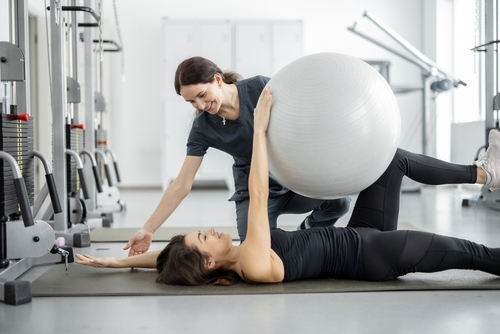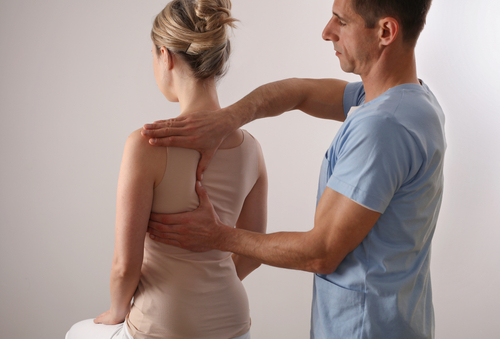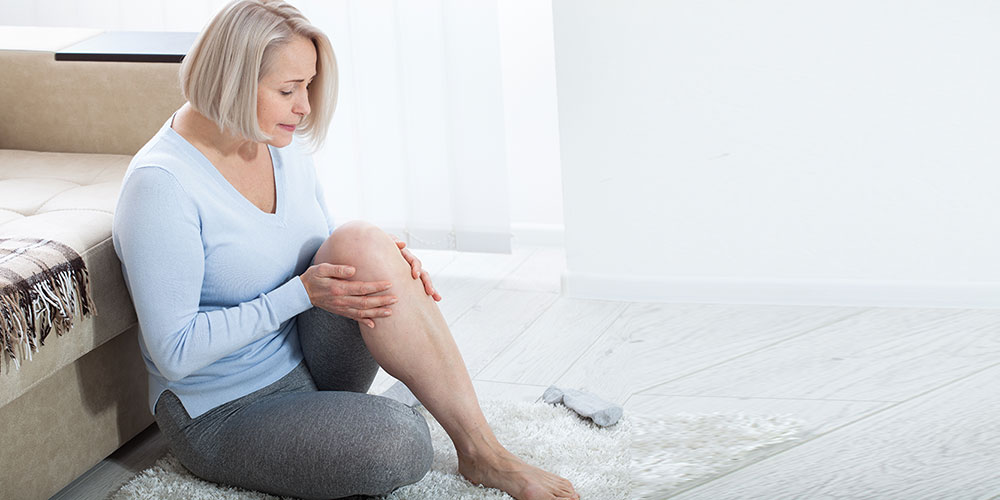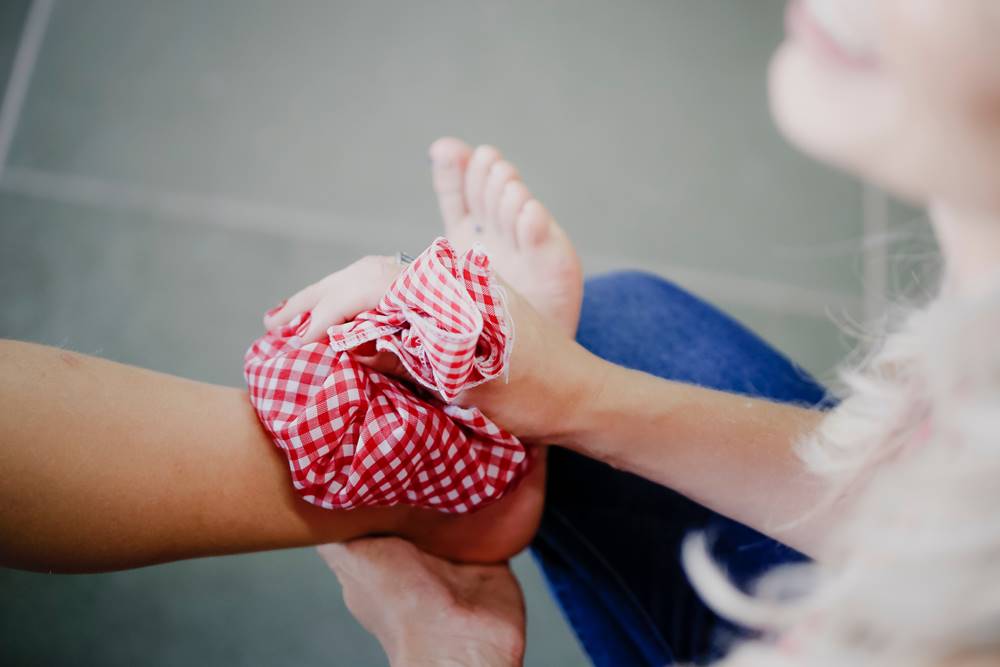Make an Appointment
Pregnancy looks different for everyone. In fact, each pregnancy can look different even when carried by the same woman. However, there are still some basic changes in the body that every woman will notice during pregnancy.
A woman’s body must change in order to prepare her for labor and birth as well as to ensure the foetus is nurtured during these initial stages of development.
Here, we’re going over the different changes women should expect during pregnancy, from stretch marks to carpal tunnel and more.
When does your body start changing in pregnancy?
As soon as you become pregnant, your body will begin to change. However, the stage at which you begin to notice these changes might not come until the first few weeks. Pregnancy is generally broken down into three trimesters, each lasting around 12 weeks.
During the first trimester, you’re likely to experience:
- Extreme fatigue
- Nausea and morning sickness
- Weight gain of about 1 to 2 kg
- Increase heart rate and breathing rate (caused by changes in blood pressure)
- Tender breasts that are larger and heavier
- Increased urination
- Mood swings
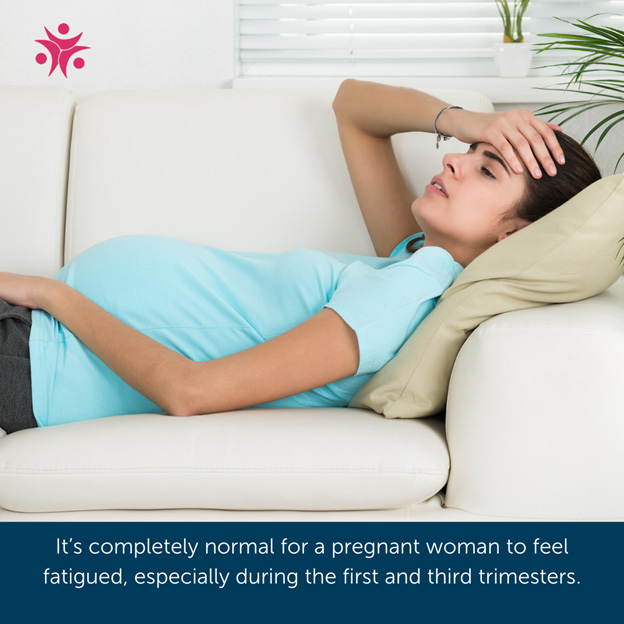
During the second trimester, your body may change in the following ways:
- Less fatigue, morning sickness, and mood swings
- Inability to focus and forgetfulness
- Weight gain of about 6 kg
- Anxiety about test results
- Thicker hair and stronger nails (however, sometimes the opposite occurs)
- Food cravings and aversions
In the third and final trimester, you may experience:
- Forgetfulness
- Fatigue
- Constant discomfort
- Irritability due to this discomfort
- Anxiety about labor
- Weight gain of about 5 kg
- Back pain
- Poor sleep
- Difficulty breathing
- Braxton Hicks contractions
While some of these changes are physical, many of them are emotional changes. Sometimes, simply knowing that these changes are normal can help to calm your anxieties and help you understand that these transformations are simply part of pregnancy.
Other Ways Your Body Might Change in Pregnancy?
Again, every woman is different and every pregnancy might cause different changes within the same woman’s body. In addition to the more general changes you’ll experience during pregnancy, as listed above, you might also experience other kinds of changes.
Here, we’re diving into some more specific changes you might find in your body during pregnancy.
Stretch Marks
In pregnant women, stretch marks are brown, pink, or red streaks that appear on the skin, usually on the buttocks, breasts, hips, abdomen, and thighs. They occur as a result of extreme stretching of the skin - a completely normal and necessary part of pregnancy.
Stretch marks can fade after delivery but just as often they remain.
Carpal Tunnel
Although it’s not often spoken about, carpal tunnel is another common change that might occur during pregnancy. Especially if you also do repetitive motion such as typing at a computer or sewing, carpal tunnel syndrome could become a real problem for you while pregnant.
Carpal tunnel during pregnancy usually starts in the third trimester and affects up to 60% of pregnant women. It occurs due to the swelling caused by pregnancy putting pressure on an important nerve in the wrist.
Pregnancy might also cause you to become less mobile which can increase the likelihood of carpal tunnel.
With carpal tunnel, you’ll experience tingling and aching which you can attempt to counteract using wrist braces, stretching, shaking your hands frequently, changing your sleeping position as to not constrict any limbs, and speaking with your doctor or physiotherapist about remedies.
Check out our handy resource on treatment options for Carpal Tunnel.
Varicose Veins
Varicose veins are veins that look swollen and raised above the skin. They might seem twisted or like they’re bulging and they might be purple or blue.
Pregnancy causes an extreme increase in blood flow and volume. This could cause veins to enlarge in order to accommodate this increase.
Varicose veins are common behind the legs in pregnant women because there is increased pressure on the veins closest to the uterus.
Changes to the Pelvic Floor
Due to the increased weight placed on the pelvic floor during pregnancy, it stretches and weakens as your baby grows.
This also causes increased laxity of the ligaments and fascia that hold the pelvic floor in place. This laxity is caused by the hormone called relaxin which is released in order to prepare your body for birth.
Additionally, there are other factors that can cause changes in your pelvic floor during pregnancy including:
- Constipation: Higher levels of progesterone (which occurs during pregnancy) can slow your gut movements, making you more prone to constipation. Plus, iron supplements which are often recommended during pregnancy can worsen constipation even more.
- Coughing and Sneezing: Chronic coughing and sneezing can cause increased pressure to an already compromised pelvic floor during pregnancy.
- Repetitive Heavy Lifting: Going to the gym or picking up other children can also cause changes in the pelvic floor during pregnancy.
- High-Impact or Intra-Abdominal Pressure: This includes workouts and even vomiting during pregnancy where the abdominal muscles abruptly contract.
Changes to the Abdominal Muscles
You may have heard of the concept of a woman’s abdominal muscles separating during pregnancy. This is totally normal and happens to 100% of pregnant women in some capacity.
The technical explanation of this abdominal separation is Rectud Abdominal Diastasis. It occurs when your Linea Alba (LA), or the connective tissue between your abdominal muscles, stretches. This occurs to protect your kidneys while still accommodating a growing baby.
Working with a Physiotherapist During Pregnancy
As you can see, a woman’s body undergoes many changes during pregnancy. She’ll endure not only physical changes like stretch marks and morning sickness, but she’ll also likely endure psychological and emotional changes, most of which are totally normal.
Seeing a women’s health physiotherapist can help with many of these dramatic changes. From creating a structured and safe exercise plan to maintain the strength of your pelvic floor and to improve your mental health, they can also help with carpal tunnel and your abdominal separation post-pregnancy.
We have women’s health physiotherapists, some of which are mothers themselves, that can help you through your pregnancy and dealing with these changes. We have incredible womens health mobile services that are Australia wide which can come straight to you in your home where you don’t need to leave the lounge. Alternatively if you prefer the in-clinic experience we have Physio Inq clinics spread right through Australia. Find your closest Physio Inq clinic HERE
Date Published: Tuesday, May 19, 2020
Locate a Mobile Physiotherapy
Service Near me
Get the experience & convinence you deserve to support your or a loved one's allied health needs.
Our Mobile Physiotherapy team are currently serving & taking appointments in the following states and regions in Australia:
Need to get into direct contact with ur Client Services team? We're all ears. Call our team directly on 1300 731 733

